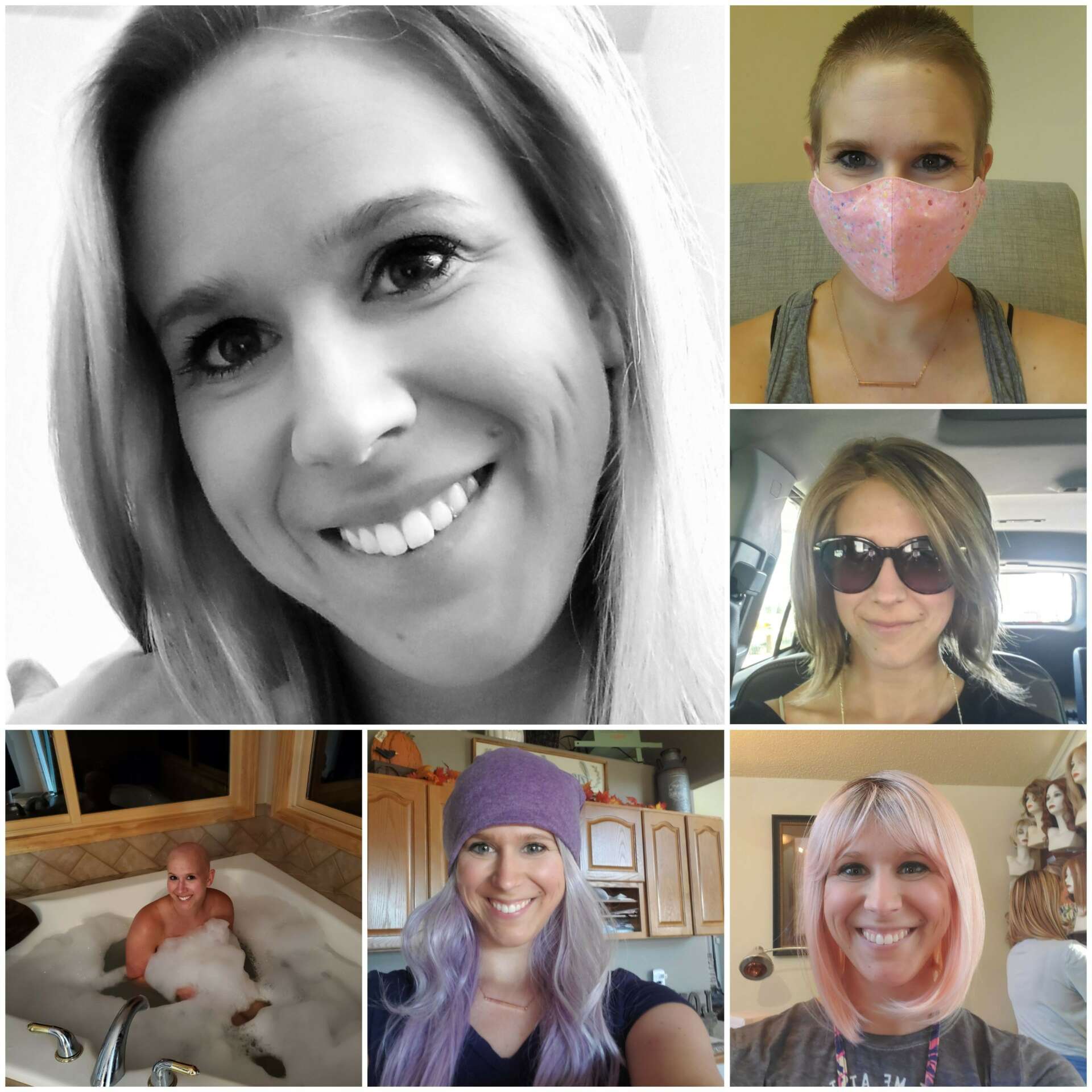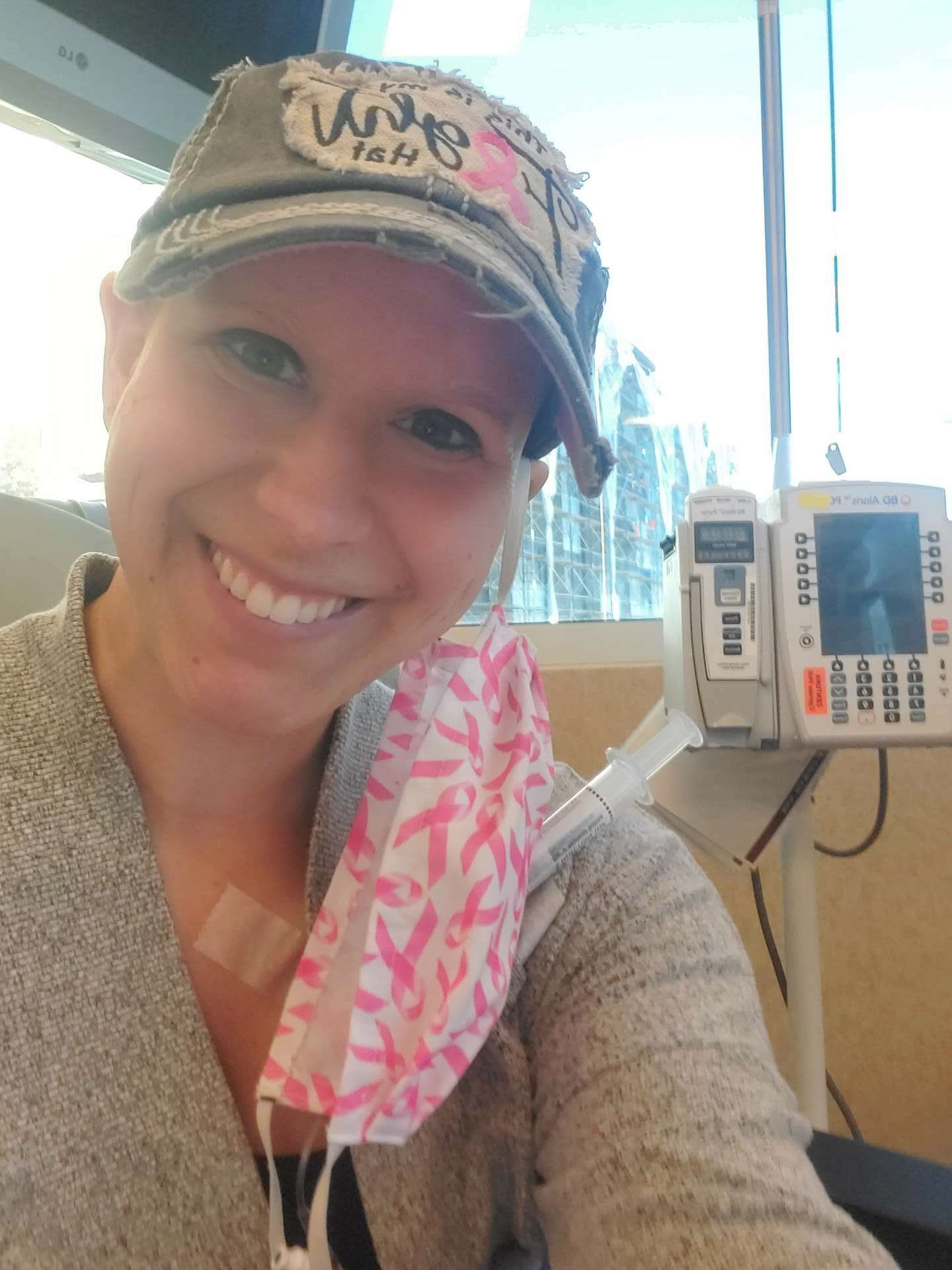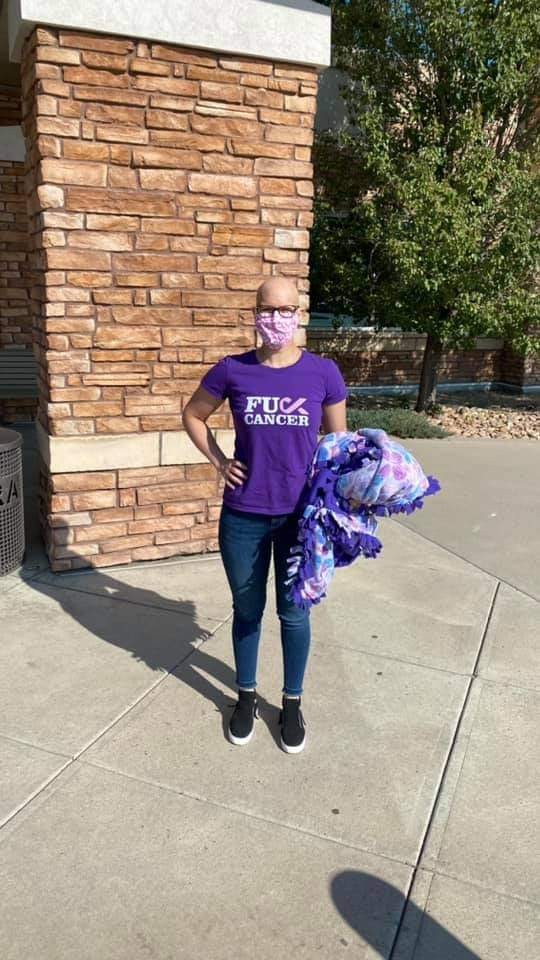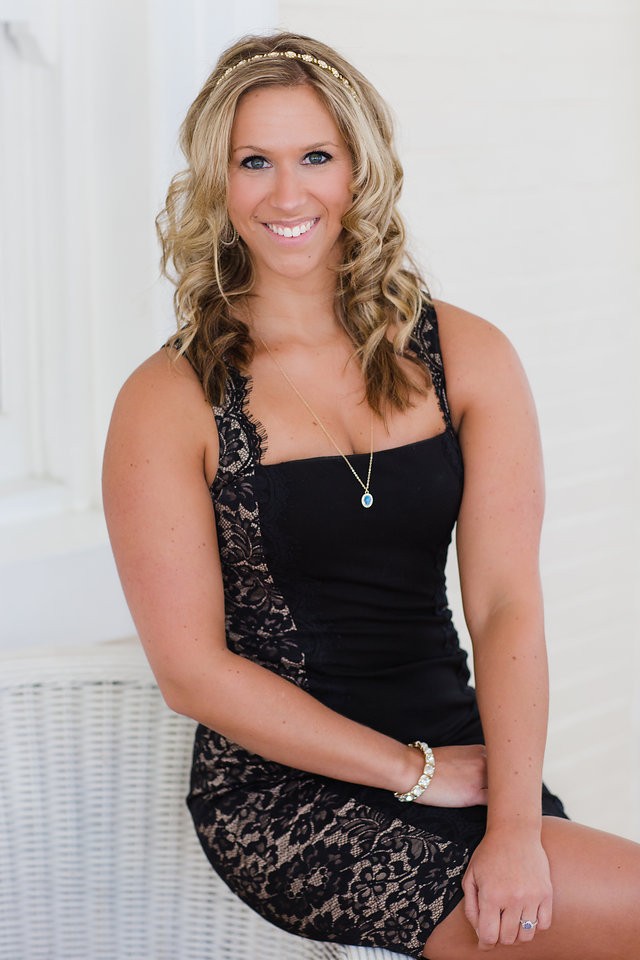We were lucky to catch up with Heather DeKeyser recently and have shared our conversation below.
Heather, thanks for taking the time to share your stories with us today Was there a moment in your career that meaningfully altered your trajectory? If so, we’d love to hear the backstory.
I’ve had several defining moments throughout my career so far, but there is one that sticks me and I think about often. In June of 2020 I was diagnosed with breast cancer. My diagnosis required me to begin treatment right away as it was already stage 2B, and I was worried about losing my practice. But every single client said “you stick with us through our crap, we will stick wit you through yours.” By October, I was halfway through chemotherapy, and pretty sick. There was one morning when I had to get a blood transfusion because my own blood wasn’t recuperating fast enough on its own, so I had the transfusion in the morning, and then had a couple of phone sessions with clients in the afternoon. I struggled with taking time off during chemo because I knew we were in the heart of COVID-19, and clients needed the support. I had promised my clients I would not do a session unless I knew I could be fully present, and I stuck to that. One of my clients that day asked me how I was doing in my treatments, and I was tired and sick, but I said I was doing great and hanging in there and treatment was going well, so I wasn’t totally honest with him. I talked with that same client the next week, and he said he had found my Go Fund Me page that my sister had started to help with all of my bills, and she had posted an update about that transfusion I had gotten the week prior. He called me out, saying I told him I was great, but then he read I had gotten a transfusion because I was pretty sick. He reminded me that he asked me how I was doing, not because he was worried about me being present with him, but because he was genuinely concerned and requested I be honest with him going forward, that he asks because he cares about me as a fellow human and as his therapist. It was a good reminder of how important transparency is between client and therapist. I didn’t want my clients to worry about me; I was afraid of them seeing me get sicker and sicker every week, and I wasn’t trusting them to handle it and talk about it with me. From then on, I have made it important to only ask my clients to do something I am also willing to do, and that means being honest about being human and trusting each other to show up in the intimate process of therapy. That experience humbled me, and reminds me I am constantly learning from my clients just as they are learning from me. That client still thanks me from time to time for that experience, as it reminds him that people he interacts with are going through struggles he may not know about, and he practices more empathy because of it.


Great, appreciate you sharing that with us. Before we ask you to share more of your insights, can you take a moment to introduce yourself and how you got to where you are today to our readers.
I went to graduate school for Marriage & Family Therapy and then specialized in sex therapy once I started practicing. I was hearing over and over again from clients that they didn’t feel they could talk about sex and sexuality with their therapists, or their questions weren’t being answered. I believe sex and sexuality is all around us and that no one should have to go through that exploration alone. People are constantly asking if they are normal, or feeling like they are broken somehow, or are unsure how to explore where their interests or preferences come from. I find that so many of us are bound by the “shoulds” of sex; what should we be doing or who should we be with or how our bodies should be performing or functioning. I often tell new clients/couples to take what they “think” they know about sex and throw it right out the window; that we will start fresh with how they view themselves and their relationships sexually, taking what fits and leaves the rest. We examine why they believe what they do, how they define their sexuality and how to develop “sexual health esteem”, which means knowing what they want and why and how to talk about it.
I specialize in working with people who deal with chronic pain and illness, such as cancer or physical disabilities, people who want to explore alternative lifestyles or relationships, couples navigating different interests or preferences, as well as people healing from trauma and/or unwanted sexual experiences, or learning new ways to think about themselves or their functioning with sex.
I think what sets me apart in working with sex and sexuality is my supporting clients in making sex fun and playful. I make a play on words that clients appreciate, like sexploration, sexpectations, sexcess, sexibitions, and clients really seem to appreciate that and get a kick out of it. I encourage clients to think about sex in terms of connection and pleasure and safety rather than performance and orgasm and intercourse. I do get told I’m full of crap a lot too, which is totally fine. No one has ever come into my office and said “man, I regret that orgasm”, but they usually come in and say how much better their orgasms feel when they truly know their body rather than trying to make it a great performance for their partner. I can live with being full of crap when my clients are reporting having the best sex of their lives. Lol.

Training and knowledge matter of course, but beyond that what do you think matters most in terms of succeeding in your field?
I think the number one predictor of sexcess in sex therapy is still the client-therapist relationship. I truly believe in fostering a safe and light place to encourage clients to feel empowered when talking about something as vulnerable as sex and their bodies. Sex still has so much “power” in people and relationships, and it intimidates us. I always say that statement start arguments and questions start conversations, so remaining open and curious and deepening conversations are a must in sex therapy. I don’t consider myself such a sexpert, as much as I continue to ask questions and teach clients how to continue discussions rather than ending them. I am constantly taking classes and trainings to deepen my knowledge about sexuality and to make sure I stay up to date with constantly changing information, and I also really look to my clients to teach me about them and their lives and stories, as sex is not a one size fits all issue. Even if I see similar issues or questions or complaints from client to client, each body and each relationship is so unique that no one intervention or conversation works for everyone, so something I really like about working in the field of sex therapy is the constantly changing ideas and people and sexcesses from person to person. There is nothing quite like having clients come in whispering words about sex, and leave having just discussed it for a full hour and being so proud of themselves.

Can you share a story from your journey that illustrates your resilience?
I’ve been working in the field of sex therapy since 2011, and am constantly doing work on myself and feeling really positive overall about how I see myself sexually. All of that came crashing down in June 2020 when I was diagnosed with triple negative breast cancer. All of a sudden at the age of 33, I was bald, sick in treatment, puffy from steroids, my breasts were trying to kill me while chemo put me into menopause and to this day, I am still dealing with the treatment effects of radiation, surgery and chemo. Just about everything I found feminine about myself was just gone, and I had no time to mourn all of those losses. I had to figure out what it meant to still work with clients about what makes them feel sexy while having negative thoughts all the time about what I looked like and how I was not able to be sexually. And that was HARD. I did a lot of work in my own therapy about one thought in particular: “no one wants an ugly sex therapist”. It sounds a bit shallow writing that now, but it was a real struggle for me, and even still is now dealing with the fact I’ll always be in menopause with hot flashes and thinning hair and my menopot (belly fat). My own personal sexploration means reframing my own thoughts and judgements. I may not have thick hair and my body may not function the way I “want” it to, but I freaking survived cancer, and that IS sexy. I may have a chunk missing from my left breast, but I learned to see my scars as survival and what my body can go through and come back from, and that is sexy. Resilience to me now is being flexible in my view of sexy rather than changing my body because of an ideal I thought I needed to be considered sexy. My sexy is no longer about what I see, but rather about how I feel, and because of that, I will always be grateful for cancer.

Contact Info:
- Website: www.hopetherapeutics.org
- Instagram: @sexcess_story
- Other: https://spotifyanchor-web.app.link/e/5P0mCyV2lBb


